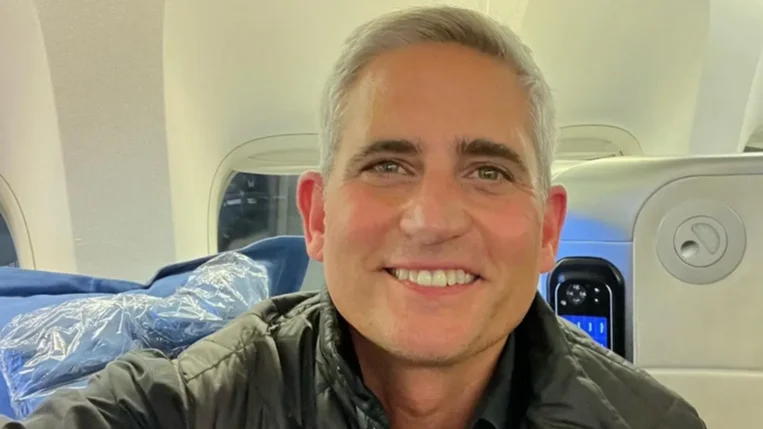In 2019, American Airlines operated a diverse fleet that included the Airbus A320 family, Airbus A330, Boeing 737, Boeing 757, Boeing 767, Boeing 777, Boeing 787, and Embraer E190. Today, this has been streamlined to just the A320, 737, 777, and 787. This reduction has resulted in significant cost savings but has also led to a smaller widebody fleet. With international travel booming post-COVID-19, questions arise about whether retiring the relatively young and efficient Airbus A330 fleet was a misstep for American Airlines.
Prior to the pandemic, American Airlines had operated 24 Airbus A330s. These aircraft were originally ordered by US Airways and transferred to American following their merger in 2013. The fleet consisted of nine Airbus A330-300s with Pratt & Whitney PW4000 engines and fifteen Rolls-Royce-powered A330-200s delivered between 2009 and 2014.
The decision to retire these aircraft came as part of a broader strategy during the COVID-19 pandemic when airlines faced significant revenue losses due to reduced travel demand. Initially planned for storage until travel recovered, all A330s were eventually removed from service as maintaining them proved costly.
 Alerts Sign-up
Alerts Sign-up







